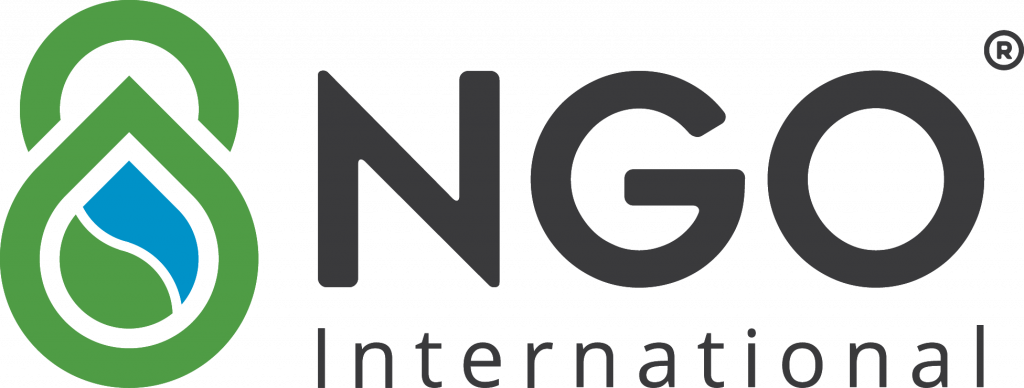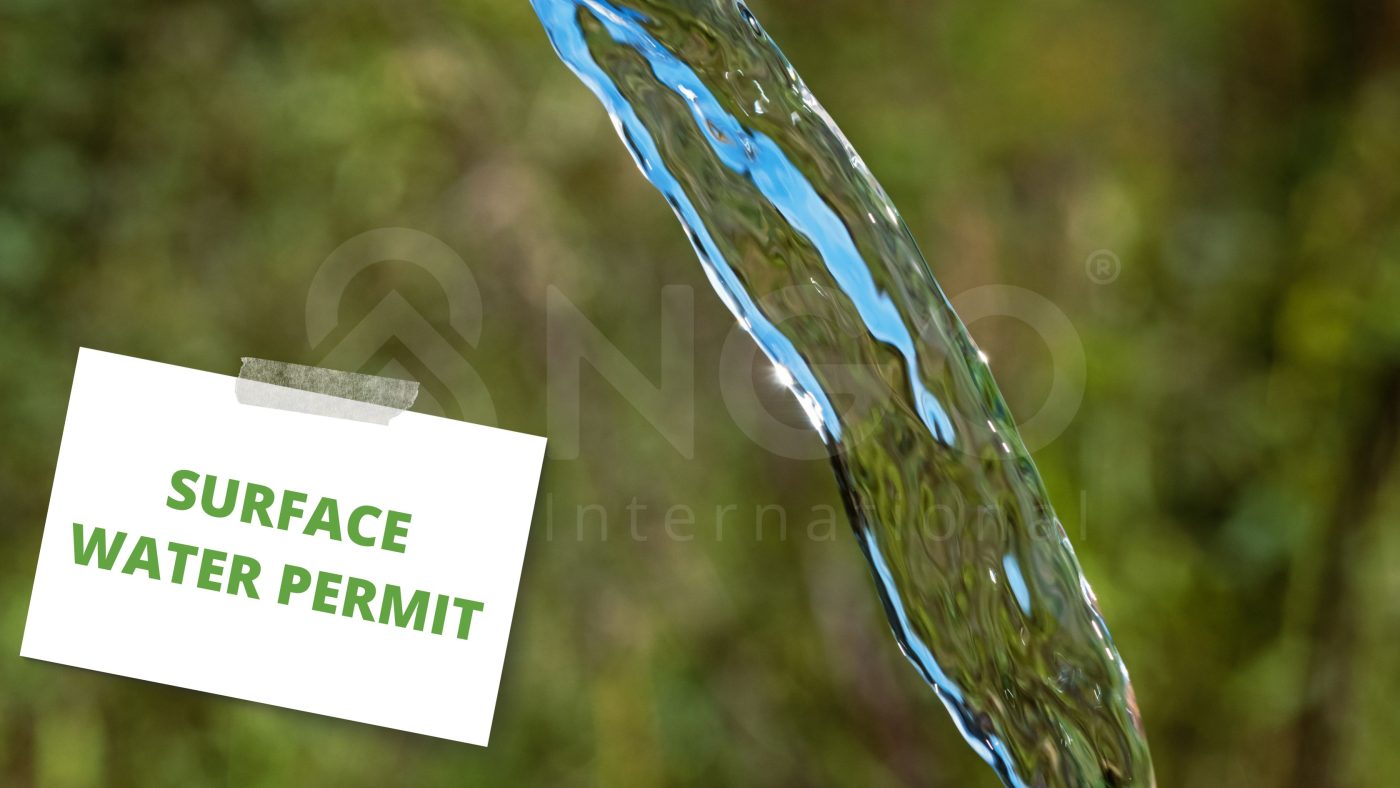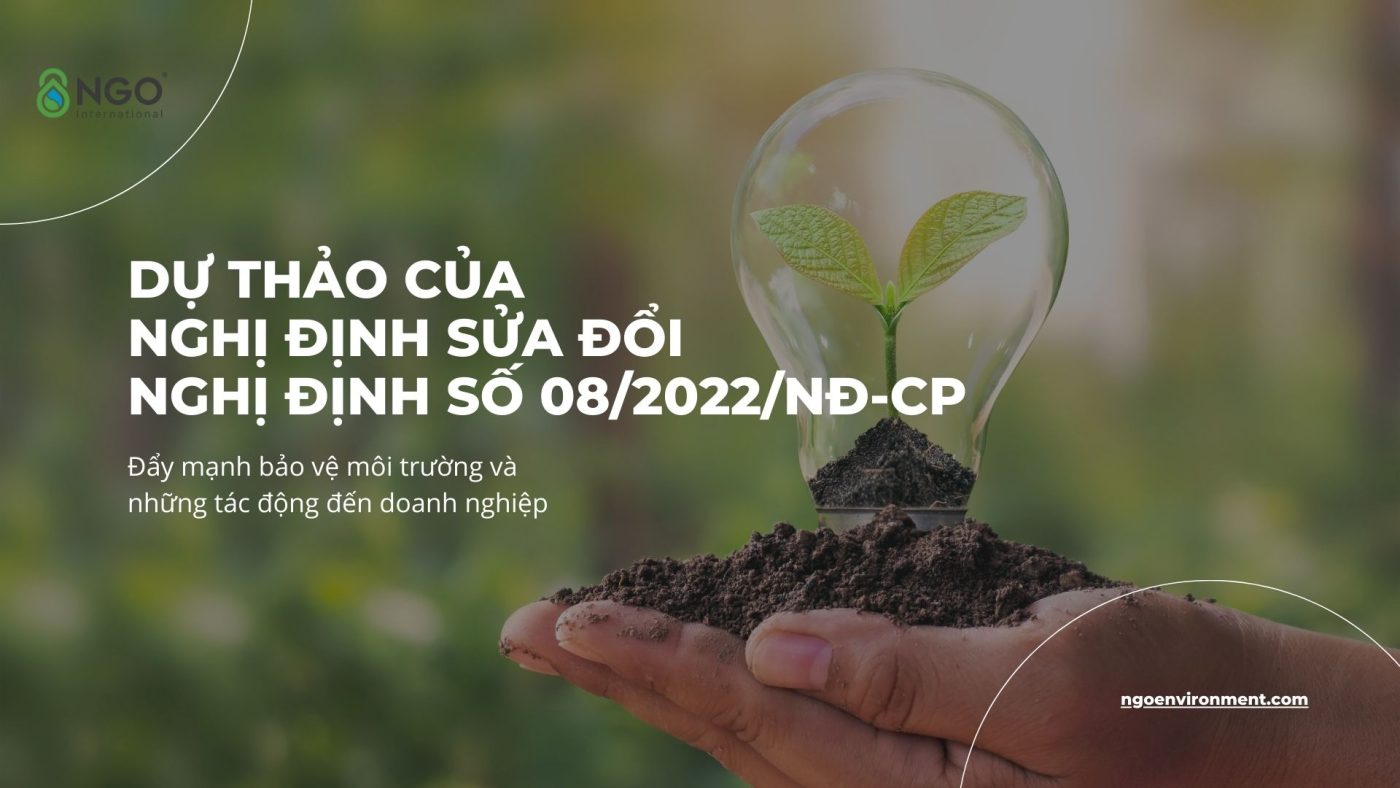Projects that discharge into polluted rivers are required to implement wastewater recycling. Projects utilizing recycled and reused water may qualify for reduced fees for water resource exploitation rights. These are among the new measures in the Water Resources Law, aiming to conserve water and rehabilitate “dead” rivers.
On June 21 in Hai Phong, the Ministry of Natural Resources and Environment (MONRE) organized a conference to disseminate and promote the Water Resources Law No. 28/2023/QH15 and its detailed implementation regulations.
According to Deputy Minister Lê Công Thành, the Water Resources Law, effective from July 1, 2024, represents a significant shift in water resource governance amidst Vietnam’s ongoing water challenges. The law encompasses four primary policy groups: ensuring water security, socializing the water sector, integrating water economics, and protecting water resources while mitigating water-related harm.
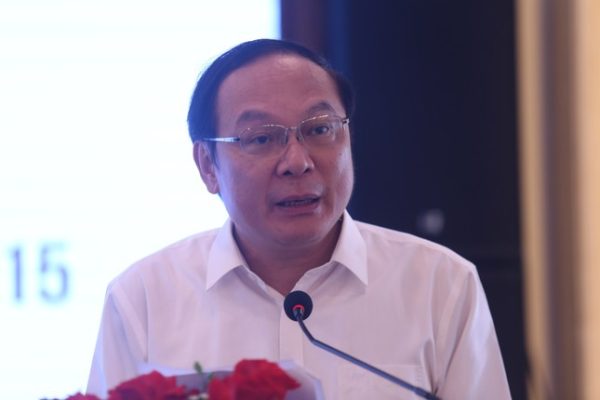
Deputy Minister of Natural Resources and Environment Lê Công Thành shared at the conference.
Mr. Châu Trần Vĩnh, Director of the Department of Water Resources Management, emphasized the collaborative efforts with international organizations during the law’s drafting process. These efforts aim to foster international cooperation in water resource management, focusing on cross-border water resources and associated freshwater ecosystems to ensure sustainable use and optimize benefits for all nations sharing water resources.
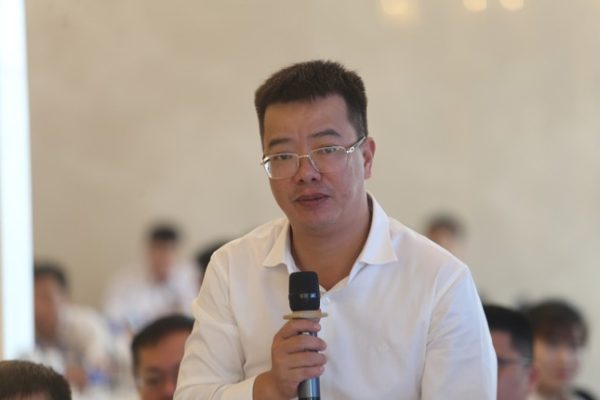
Mr. Châu Trần Vĩnh, Director of the Department of Water Resources Management, shared at the conference.
Deputy Director Ngô Mạnh Hà highlighted that the new law introduces groundbreaking measures to promote efficient water usage and mitigate water-related harm. Among the provisions, projects in regions with overburdened surface water sources must incorporate wastewater recycling and reuse solutions.
Moreover, projects that use recycled or reused water may be eligible for reductions in water resource exploitation fees and receive additional incentives for adopting water-saving practices.
The law places significant emphasis on reviving polluted or “dead” rivers, aiming to restore water sources, create flows, and enhance ecological landscapes and lost water values. Measures include financial mechanisms to fund water restoration efforts and developing plans for rejuvenating degraded, depleted, and polluted water sources. Current initiatives focus on rivers like Bắc Hưng Hải, Nhuệ, and Đáy, involving projects such as building dams to stimulate water flow.
Local governments are tasked with controlling activities that risk polluting drinking water sources, declaring protected zones around water supply points, and monitoring water quality. Authorities must also compile and submit lists of degraded, depleted, or polluted water sources requiring restoration for approval by the Prime Minister.
Adopted by Vietnam’s 15th National Assembly during its 6th session on November 27, 2023, Water Resources Law No. 28/2023/QH15 will come into effect on July 1, 2024. This law is a pivotal step in Vietnam’s journey towards sustainable water resource management and addressing environmental challenges.
Source: Compiled by NGO

 Tiếng Việt
Tiếng Việt